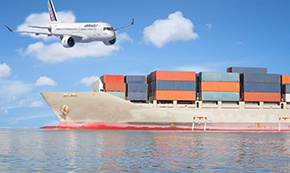All categories >
Breaking News! Trump plans to impose a 100% tariff on this Chinese product
Categories:
News Center
News
Time of issue:
2025-05-22 16:44
Views:
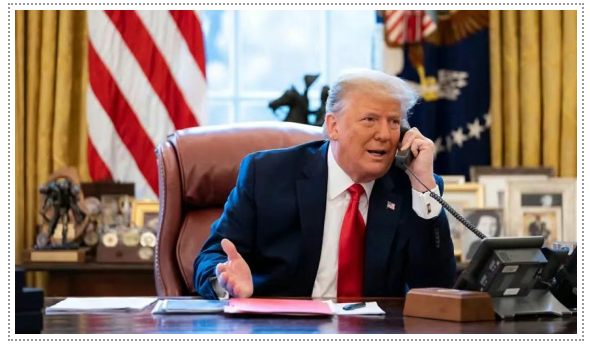
On the 19th, the Office of the United States Trade Representative held a hearing to discuss proposals to impose a new 100% tariff on port shore cranes manufactured in China, and tariffs ranging from 20% to 100% on cargo handling equipment such as containers, chassis, and parts.
The Trump administration, in an effort to bring shipbuilding back to the United States, introduced measures such as imposing high port fees on ships owned, operated, and built by China. However, these policies are currently facing strong resistance from industry insiders, as American shipping companies heavily rely on Chinese-made vessels.
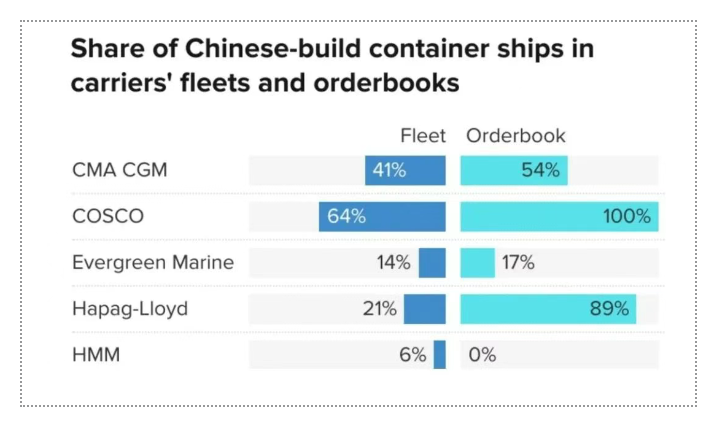
The meeting focused on the imposition of tariffs.
On the 19th, the Office of the United States Trade Representative (USTR) held a public hearing to discuss two proposed tariff increases.
A U.S. government panel comprised of representatives from the USTR, the Small Business Administration, and the Departments of Transportation, Commerce, State, Treasury, Homeland Security, and Labor, directly rejected the industry representatives' objections to the two policies:
The April 17th announcement of phased port fees on Chinese-related vessels, and the proposed fees on all foreign-built car carriers.
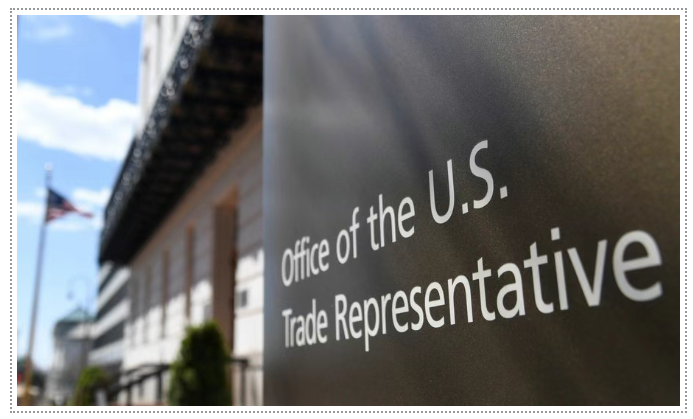
At the hearing, the head of the government panel insisted on bringing the discussion back to the crane tariff issue, emphasizing "Please focus your testimony on the proposed measures." 。
Gary R. Davis, president and CEO of the American Association of Port Authorities (AAPA), noted that while the association supports the goal of domestic crane production, the U.S. Congress should first pass tax credit policies to stimulate domestic production.
He stated that the U.S. has not had a manufacturer of STS cranes since the 1980s, and globally, besides China, , only Japan's Mitsui E&S, and Europe's Konecranes and Liebherr three companies can provide internationally procurable STS cranes, and their production capacity is insufficient. 。
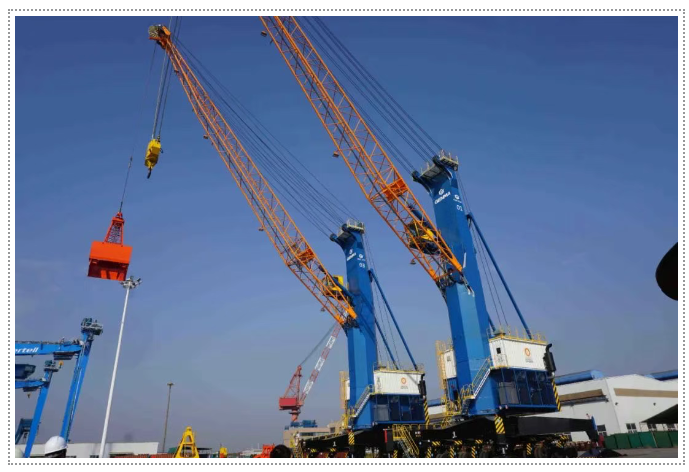
Charlie Jenkins, CEO of the Port of Houston, said that the port has signed a contract to purchase eight STS cranes from China, with delivery expected in the spring of 2026, months before the new tariff policy was announced.
If the new tariff policy is implemented, these eight cranes will face tariffs as high as 270% totaling approximately $302.4 million, which will have a devastating impact on the port's investment in terminals, meeting freight demands, and job opportunities. This will be a devastating blow. 。
Casey Metcalfe, president of the American Shipping Association (CSA), also stated that the proposed tariffs run counter to the goals of U.S.-China trade negotiations, and that measures such as imposing tariffs on transportation equipment are counterproductive.
The United States is not capable of winning this war.
Previously, the Trump administration attempted to charge fees for Chinese-built ships entering U.S. ports.
On April 17, the USTR website published a Federal Register announcement that fees would be levied on ships built and owned by Chinese entities docking at U.S. ports, based on the quantity of cargo carried.
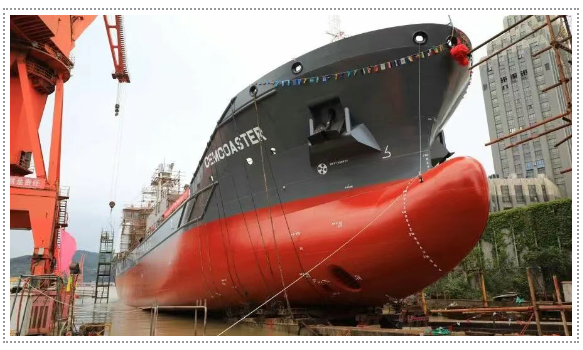
The fee measure will be implemented in two phases. : Phase one begins October 14 of this year, with the U.S. charging a so-called "maritime service fee" of $50 per net ton to any vessel operated by a Chinese operator or owned by a Chinese entity.
Three years later, starting in 2028, in phase two, the USTR will restrict foreign-built vessels from engaging in liquefied natural gas transportation.
Prior to this fee plan, the U.S. held two public hearings, with over 300 trade groups and stakeholders providing testimony and opinions. U.S. industry representatives and members of Congress clashed with many warning that "the United States is not capable of winning this war." 。
Bloomberg: This is tantamount to a "disguised tariff."
The U.S. side now is adopting a conciliatory stance in its new proposal, but this has not allayed industry concerns.
Bloomberg points out that, especially since Trump has already launched a global tariff war, many people warn that this fee plan, while disrupting international shipping, amounts to a "disguised tariff." This will not only add to Trump's numerous and staggering tariff burdens but will also further exacerbate the already tense trade conflict between these two major world economies.
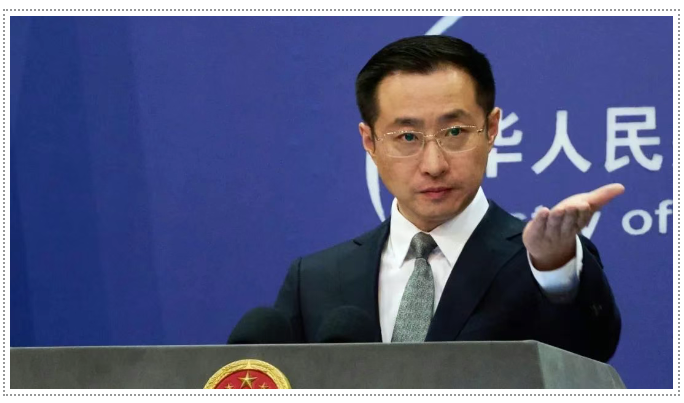
Regarding the U.S. suppression and pressure on Chinese-built ships, Chinese Foreign Ministry spokesperson Wang Wenbin responded at a regular press conference on the 10th, stating that the development of China's shipbuilding industry is the result of technological innovation and active participation in market competition, and has made important contributions to facilitating global trade development and the stable and secure operation of the global supply chain. Made significant contributions. 。
Multiple U.S. research reports show that the U.S. shipbuilding industry, due to excessive protection, has lost its competitive advantage years ago and that the U.S. attributing its own problems to China lacks factual basis and contradicts common economic sense.
The U.S. unilateralism Protectionist bullying is unpopular, only driving up global shipping costs, disrupting the stability of global supply chains, harming the interests of countries worldwide, and ultimately unable to revitalize the American shipbuilding industry 。
- END -
Keywords:




